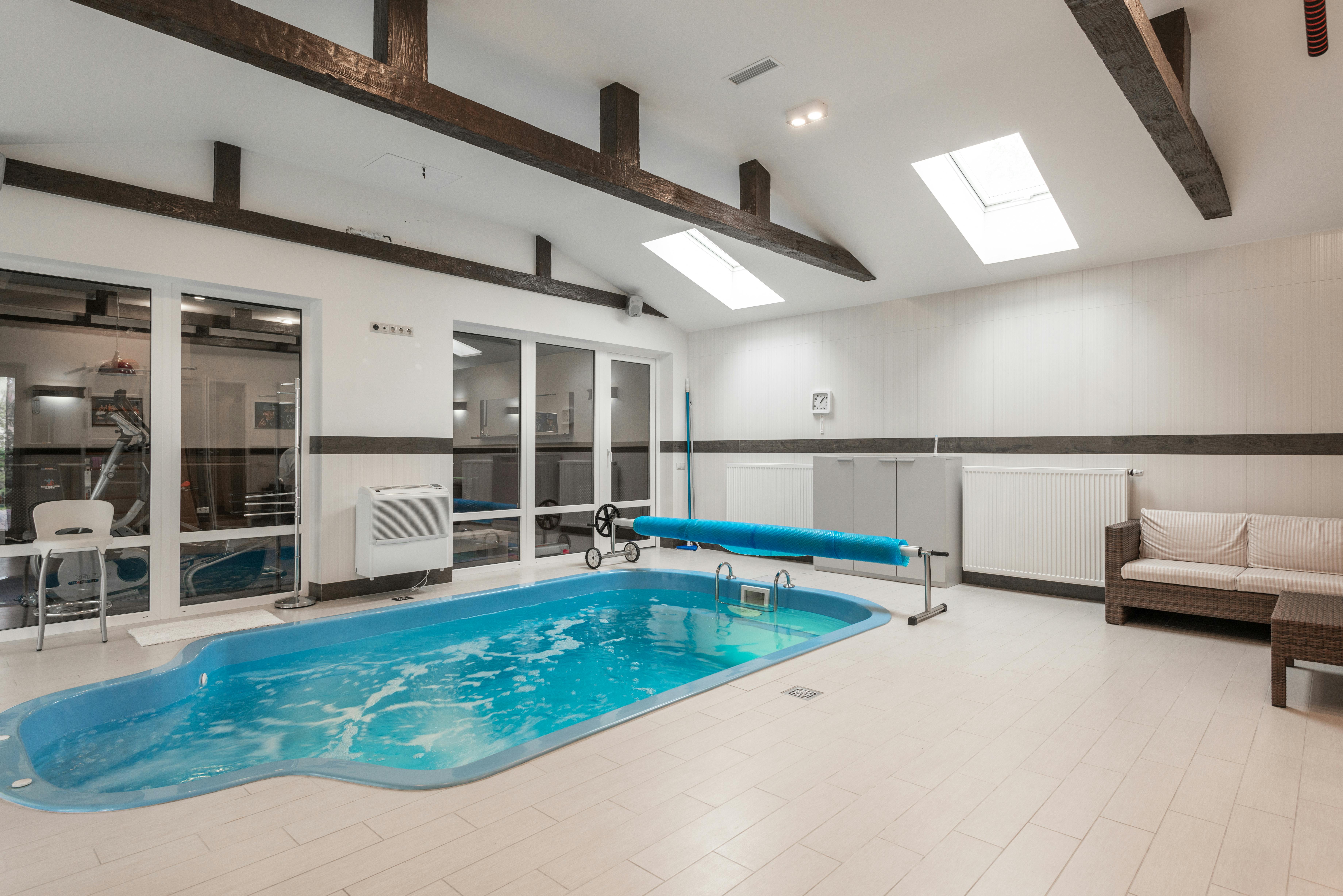Distilled water is one of the purest forms of water available, as it has been purified through a distillation process that removes impurities. As such, distilled water is more expensive than other types of water due to the extra cost and effort associated with the production process. The cost of distilling water can vary depending on the source and purification method used, but generally speaking, distilled water is more expensive than alternatives like spring or tap water.Distilled water is more expensive than regular tap water because it goes through an additional process of distillation. This process involves boiling the water and then cooling it, which removes any minerals, bacteria, and other contaminants from the water. This makes the water safe for drinking and other uses but also adds to the cost.
Advantages of Distilled Water
Distilled water has many advantages, particularly for those looking for a clean and safe drinking water solution. It is one of the purest forms of water available, as it is essentially free from all contaminants and pollutants. Distillation removes minerals, chemicals, and other impurities from water through a process that involves boiling it and then condensing the steam into a separate container. This process leaves behind any contaminants and other impurities that may have been present in the original source of water. As a result, distilled water is free from bacteria, viruses, chemicals, heavy metals, and other dangerous substances that can be found in tap or well water.
Another advantage of distilled water is that it does not contain any minerals or other dissolved solids that could alter its taste or odor. This makes it ideal for use in health-related applications such as medical treatments and dietary supplements. Additionally, since distilled water does not contain any minerals or other substances, it can be used to create beverages such as coffee and tea without altering their flavor. Finally, because distilled water does not contain any impurities or dissolved solids, it is also great for cleaning
Cost of Producing Distilled Water
The cost of producing distilled water depends on several factors, such as the type of equipment used, the cost of raw materials, and the amount of energy required to produce it. Generally speaking, producing distilled water can be a costly endeavor.
The most important factor in determining the cost of producing distilled water is the type of equipment used. Different distillation systems have different operational costs, and this will affect the overall cost of production. For instance, a large-scale industrial distillation system will generally require more energy and raw materials than a smaller domestic system. Additionally, some distillation systems are more efficient than others, meaning that they will produce distilled water more quickly and use fewer resources in the process.
The cost of raw materials also plays a role in determining the overall cost of producing distilled water. In most cases, distilled water is produced using electricity or steam as inputs. The price of these inputs can vary significantly depending on local energy markets and other contributing factors.
Finally, some distillation systems require additional chemicals or treatments as part of their operation.
Where to Buy Distilled Water
Distilled water is a type of purified water that has gone through a process of distillation. This process involves boiling the water and then collecting the steam that results, which is then cooled and turned back into water. Distilled water can be used for many different purposes, such as drinking, cooking, and even cleaning. Many people prefer distilled water because of its purity and lack of contaminants. If you are looking for distilled water to use in your home or business, there are a few places where you can purchase it.
One option for purchasing distilled water is at your local grocery store or pharmacy. Many stores carry a variety of brands and sizes of distilled water, so it is easy to find what you need. You may also be able to find it in bulk at some locations, which can save money in the long run. Another option for purchasing distilled water is online. There are many websites that sell distilled water in various sizes and at reasonable prices.
You may also be able to find distilled water at some convenience stores or gas stations. This may not always be an option, but if you are in a pinch
Is Distilled Water Worth the Cost?
Distilled water is a type of purified water that has been through a process of distillation, which involves boiling water and condensing the steam to remove impurities. It is commonly used for drinking, cooking and cleaning. Many people choose to purchase distilled water because it is free from contaminants like lead, chlorine and other chemicals. However, there are some drawbacks to using distilled water, including its cost and potential health risks.
The cost of distilled water can vary depending on where it is purchased. Some stores may offer it at a discounted price or in bulk. Additionally, many people opt for home distillation systems which can be quite expensive. These systems also require regular maintenance and replacement parts which can add up over time.
In terms of health risks, there are some potential issues associated with drinking distilled water over an extended period of time. Since it has been stripped of essential minerals, it may be lacking in important electrolytes like calcium and magnesium which are crucial for proper hydration and overall health. Additionally, the lack of natural minerals can make the taste of distilled water unappealing to some people.
Overall, distilled

How to Make Distilled Water at Home
Making your own distilled water at home is a simple process that requires only a few household items. Distilled water is water that has been boiled and re-condensed back into liquid form, leaving behind impurities and minerals. It is used in many medical, scientific, and industrial applications, as well as for everyday use. Here’s how you can make it yourself.
The first step to making distilled water at home is to gather your supplies. You will need a large pot with a lid, some cheesecloth or other straining material, and two clean glass jars or containers. Place the pot on the stovetop and fill it with tap water until it is about three-quarters full. Put the lid on the pot and bring the water to a boil.
Once the water has reached a rolling boil, reduce the heat so that it continues to simmer. As the steam rises from the boiling water, it will condense on the lid of the pot. Place one of your jars or containers on top of this condensation—the steam will drip into this container as pure distilled water
Alternatives to Distilled Water
When it comes to drinking water, distilled water is one of the purest options available. However, there are other alternatives that are just as safe and healthy. These alternatives can even provide additional health benefits due to added minerals and nutrients. Here are some of the top alternatives to distilled water:
Spring Water: Spring water is naturally sourced from underground aquifers and provides a source of clean, drinkable water. It typically contains minerals like calcium, magnesium, sodium, and iron which can add additional nutrition to your drinking water.
Mineral Water: Mineral water is sourced from mineral springs or wells and has a higher mineral content than spring water. It typically contains calcium, magnesium, sodium, potassium, and bicarbonates which add flavor as well as additional nutrients to your drinking water.
Filtered Water: Filtered water is typically obtained from tap or well sources that have been filtered for contaminants such as chlorine or lead. This type of filtered
Benefits of Drinking Distilled Water
Drinking distilled water has numerous health benefits, and many people choose to drink it instead of other forms of water. Distilled water is created by boiling water and then collecting the steam that is produced. This process removes any impurities or contaminants that may be present in the source water. As a result, it is much purer than other types of water, such as tap or spring water.
One of the main benefits of drinking distilled water is that it can help to detoxify the body. Toxins can build up in our bodies from various sources, including processed foods and environmental pollutants. By drinking distilled water, these toxins are flushed out more quickly and effectively, helping to improve overall health and wellbeing.
Another benefit of drinking distilled water is that it can help to keep us hydrated more effectively than other types of water. The lack of minerals and other contaminants makes it easier for our bodies to absorb the water quickly and efficiently, so we can stay hydrated for longer periods without having to drink excessive amounts.
Finally, because distilled water has been filtered through a process

Conclusion
Distilled water is expensive due to its production process and the cost of equipment. Distillation requires electricity, gas, or other forms of energy, which adds to the overall cost. Additionally, maintaining a distillation system involves regular maintenance and repairs, which can add to the cost of a distillation system. Moreover, distilled water is not available in large quantities in many places, resulting in higher prices for consumers. Therefore, it is important to consider all these factors before purchasing distilled water.
In conclusion, distilled water is expensive due to its production process and the cost of equipment required for distillation. It also involves regular maintenance and repairs which can add to the costs associated with distilled water. Finally, availability of distilled water in large quantities is limited in many places resulting in higher prices for consumers. Therefore, one should consider all these factors before making the purchase decision.

